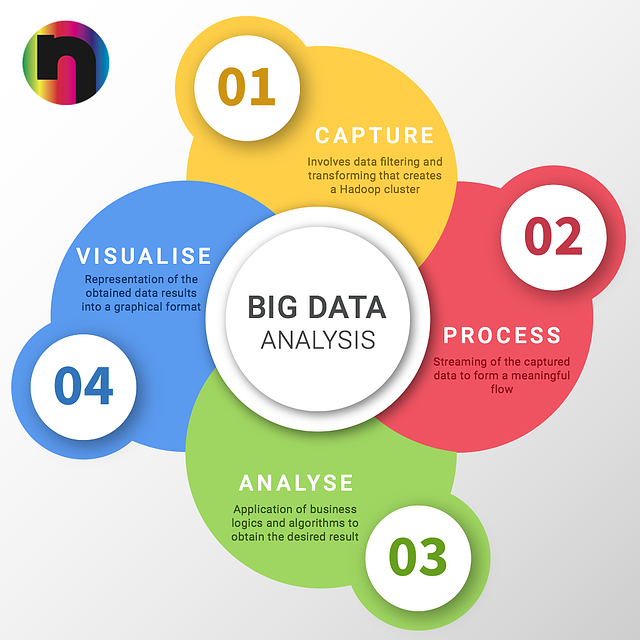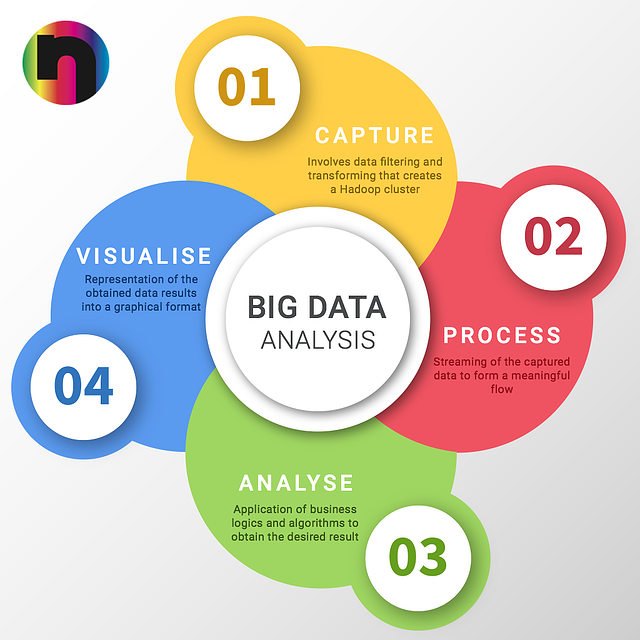5 ways that technology can boost Education business
Source: https://unsplash.com/photos/e6n7uoEnYbA


Data alone is nothing but the deep data analyzed can become a treasure in the form of reliable information, which can make a difference in the educational field. While it is still taking its first step, there are many experts who predict that large data will mean a real revolution in education, but how are they related? Maybe you have to answer some questions first.
What is big data? It is a group of technologies and practices which makes storage, treatment and analysis of a large amount of data generated in the world possible. We are talking about 1,700 trillion bytes per minute.
For whom is this? Using the analog of the famous story of Little Red Riding Hood and the Wolf, it works "to see you better ...", because in reality, what big data allows: see each other, one To better understand each other for listening and analyzing the other.
How does it work? Using powerful computers that process millions of data quickly and efficiently at the same time. This allows the correlation between finding patterns and trends that work to create reliable forecasts for data and decision-making.
And how does this apply to education? According to Dan Kern, software engineer specialist in large data, in education, all these three transforms into great possibilities: the possibility of implementing individual education obtained from the full knowledge of each child; there is a possibility to get feedback in real time and act accordingly and in the end, there is a possibility of sharing knowledge. And he is not the only one who thinks about it.
Many times we associate e-Learning with a type of distance education that is only available to university students. However, as we have already said in this post about the trends of online training for the coming years, experts predict that using Big Data in education will be a real revolution.
In this article, we will explain how it is possible to create a new learning system based on the analysis of large amounts of data extracted directly from the students or, in other words, why Big Data will be present in all schools of the future.
The pioneers of experimentation with Big Data in education are AltSchool, a conglomerate of schools dedicated to innovation. Specifically, 4 small schools in San Francisco are conducting an experiment to process data. With the aim of studying how technology can help teachers to improve student learning.
How do you get that data? In various ways. To begin with, when students arrive at school they must "check-in" on an App that controls attendance. In addition, they dedicate a part of the day to work independently, using iPad and activity playlists. These have been selected by the teachers according to their personal objectives.
At that time, the data of the student's progress is stored so that the teacher can review them later. Finally, the classes are recorded on video. In this way, teachers can recall important moments at the touch of a button, as we would with a SmartTV.
The idea is that all data from these schools are collected in an intelligent and centralized system. This will allow teachers to design effective and personalized classes.
While many schools do not have new technologies for all students (such as computers or other mobile devices); AltSchool is developing classes that allow all students to have a personal computer and other digital equipment.
The new thing is that these technologies are capturing a huge amount of data. Enough to look for meaningful patterns and have knowledge about how students learn. In summary, all these data are showing how the learning process is and how technology is making our education better.
Big Data leads to more personalized teaching focused on the constant improvement of learning methods. To date, AltShcools plans to open 4 more schools and sell access to the system to other schools.
Big Data in education is not only a phenomenon of schools and institutes, but it also occurs in higher education. In the 7 years that have passed since the first Massive open online course was launched by two Canadian professors, MOOCs have become a source of large amounts of data on student behaviors.
Only a relatively small number of students end up completing a MOOC. The truth is that their data help educators develop new teaching models that claim to be more effective. We speak for example of programs that combine online education with coaching.
According to the MIT Technology Review, online education has proven to be in some cases more successful than traditional face-to-face classes. Arizona State University, for example, combines face-to-face and online classes. It offers videos of the classes and incorporates an online tool that analyzes what support students need in a personalized way. Thanks to the reports on the progress of the students, the data on the time of dedication and the success of the coaching sessions, the number of students who get to pass is at 75%.
Online course data also offers a new level of feedback for teachers. A teacher can analyze if a video has been successful by seeing at what point students have stopped watching it. The feedback is also extracted from the exams. If only 20% of students who take a test have a well-answered question, teachers can examine how that part of the class is explained in the video or how the question was asked to see what went wrong.
If you are interested in online training and Big Data, we recommend you take a look at the Master in Business Intelligence and Data Science and see why their methodology allows students to give their best. And if this article has seemed interesting to you, do not forget to share!

Source: https://unsplash.com/photos/e6n7uoEnYbA

Artificial Intelligence has gone from being the stuff of science fiction to a commonplace of everyday life. We are surrounded by intelligent devices...

Machine learning and AI are two of the foremost exciting technologies presently being developed and applied inside industries round the world. Their...